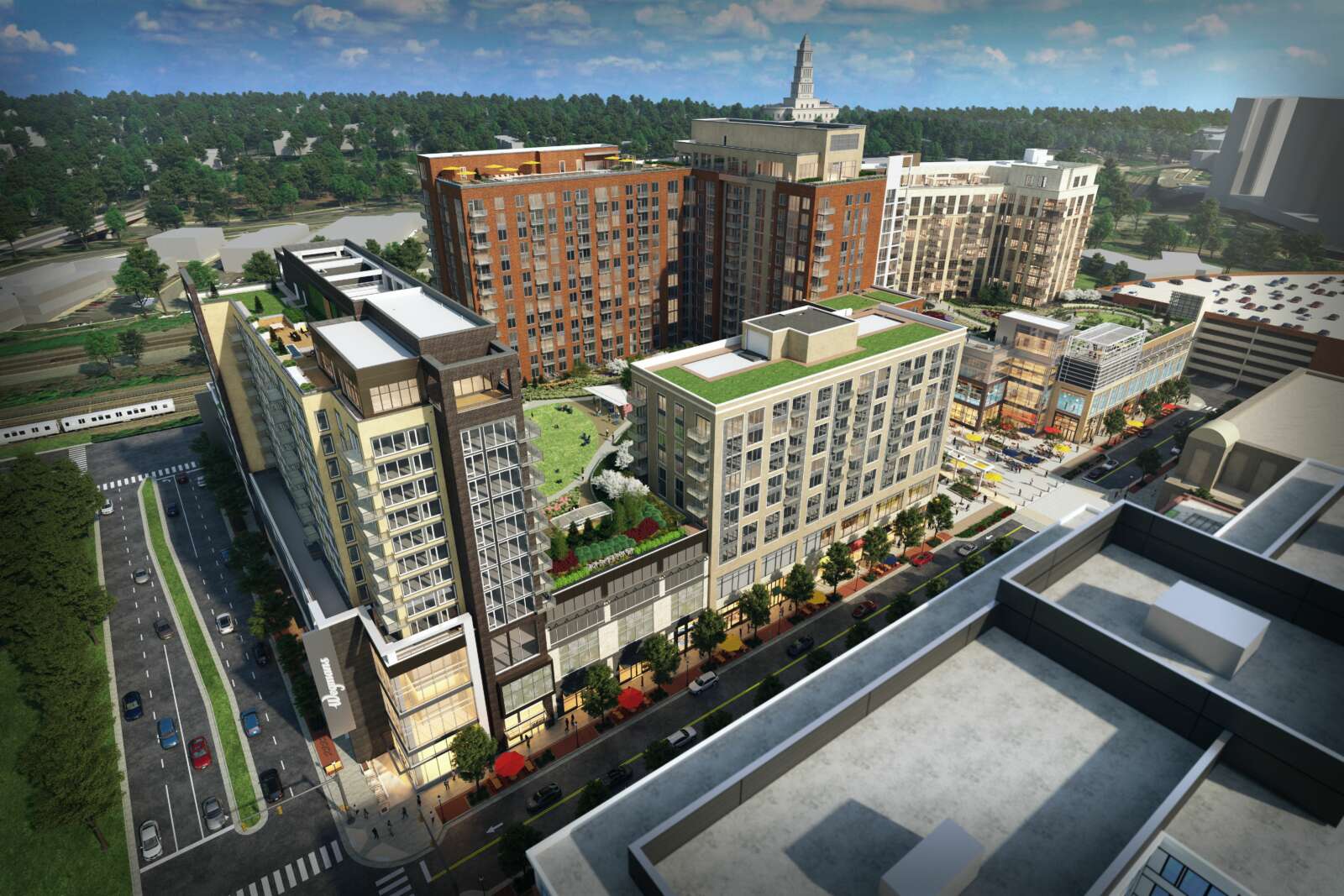
Alexandria renting units in Class A apartments — newer, high-rise buildings — have seen their rent increase by an average of 4.7% over the last year, real estate website UrbanTurf reported.
Those Class A units comprise the majority of new construction around the region and are generally developments built after 1991 and featuring amenities. The effective rent per month in one of those units in Alexandria, which includes a mix of studios, one and two-bedroom rentals, is $2,475 per month.
That increase is one of the sharpest increases in the region, behind only Upper Georgia Avenue (increased by 5.6%) and Bethesda (increased by 5.2%).
Rents for those types of units increased across most of the region, only decreasing slightly in NoMa and the Capitol Hill neighborhoods of D.C.
Rents for Class B units, generally mid/high-rise units, has also increased over the last years, rising by an average of 18% in the region. UrbanTurf reported last year that West Alexandria saw a 116.8% increase in Class B unit rents while Arlandria saw a 108.1% increase.
Anita Morrison, principal at Partnerships for Economic Solutions, said in a panel earlier this year that despite a surge in new residential units being built in Alexandria, rents have continued to climb.
“The fastest growing age category is people ages 65-74 and children under 20, but folks 20-24 dropped in Alexandria and 25-34 did not grow as much as the rest of the market,” Morrison said. “We think that’s a reflection of not being able to buy here.”
Morrison said the problem is that, even with the new housing units, Alexandria’s housing supply isn’t keeping pace with the demand.
“The scale of developments haven’t met the need,” Morrison said. “We’re always running a few steps behind the demand. It’s about getting enough supply to increase vacancy rates and create competition, but we’ve never moved the needle enough with supply to see that happen.”

